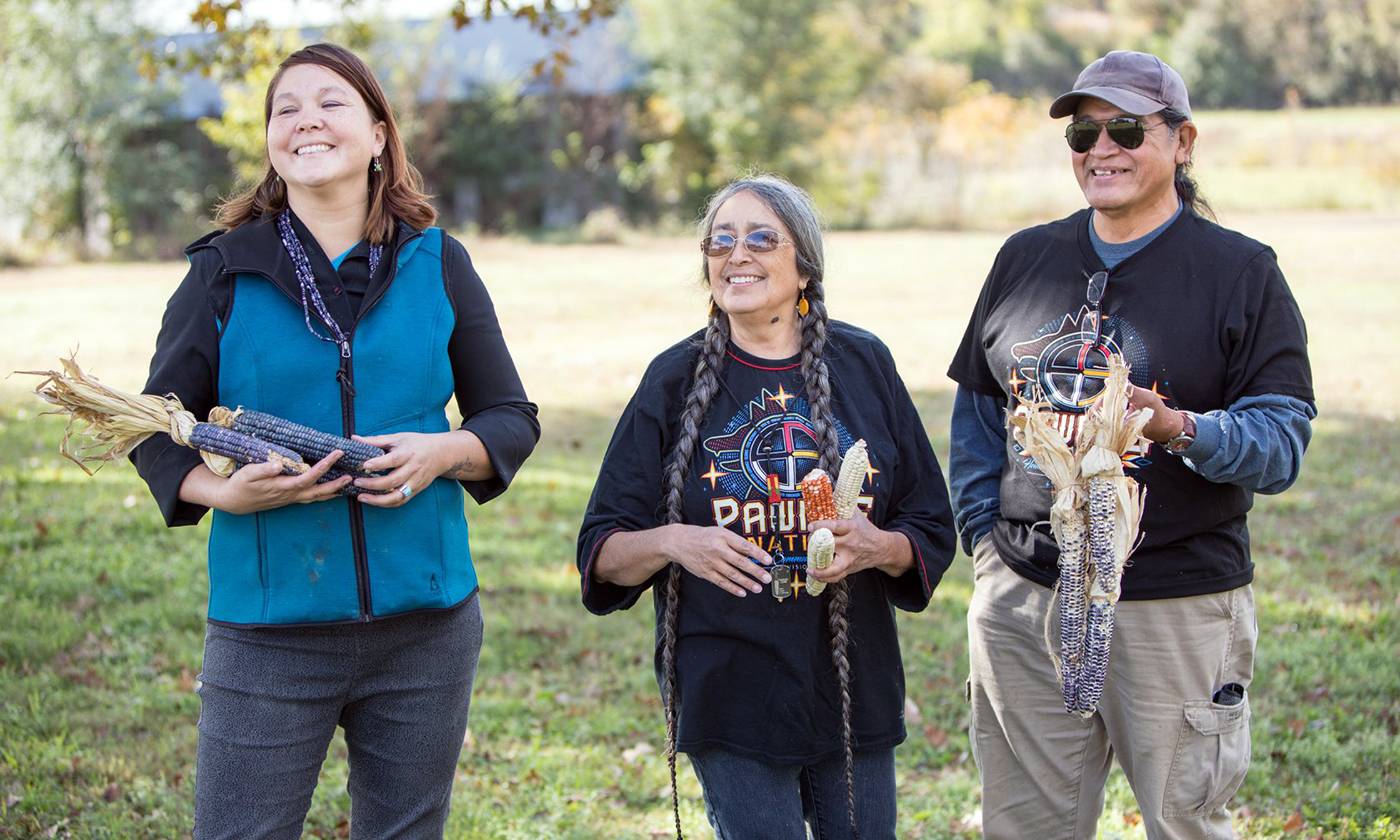Program News
Keep up to date with the Public Policy Ph.D. program and see what students, faculty, and alumni are up to:
- Learn about upcoming Research and Professional Development Series sessions.
- Find past Dissertation Award Winners.
- Read where our Alumni are now.
Social Justice Policy: Our Newest Specialization!
The Public Policy Ph.D. program (PUBP) has developed a new specialization, Social Justice Policy. Other specializations in PUBP have always included a strong emphasis on social justice; however, because of student demand and progressive national trends, many PUBP faculty members felt it was time to create a standalone specialization.
The specialization will help students interested in understanding the impact policy has on society, especially in relation to marginalized and underrepresented groups. Dr. Anna Zajicek, Associate Dean, Fulbright College of Arts and Sciences, will serve as the inaugural Social Justice specialization coordinator. She shares that the specialization was born out of the societal “…struggle with social, political, educational, and economic inequalities.” She hopes students pursuing this specialization will be able to “critically examine these widespread issues and assess the impact of these policies.”
Specialization faculty have come together from different units across campus, including: the School of Social Work, School of Law, School of Human and Environmental Sciences, Department of Curriculum and Instruction, Department of Sociology and Criminology, and the Department of Political Science.
Dr. Valerie Hunt, Associate Professor of Political Science and Associate Director of PUBP, is a member of the Social Justice specialization faculty and maintains that social justice is the core of PUBP. Dr. Hunt states, “It is our hope that after their studies, projects, and dissertation research, these future leaders, agency directors, educators, partners, parents, and humans will continue their efforts toward making our society more just.” She also shares approaches to how Social Justice students might study current issues. “The COVID-19 pandemic is holding up a mirror to our society, revealing the many social, political, and economic inequalities throughout. Our hope is that our doctoral students will use their critical thinking and analytical skills to unpack statements and related policy impacts, such as those surrounding the #WEAREALLINTHISTOGETHER movement,” said Dr. Hunt.
The course of study for the Social Justice specialization investigates and evaluates social justice policies and issues —and encourages students to develop new and effective ideas for policy change that address social, political, and economic inequalities. The specific course of study will vary depending on students’ interests and areas of study. Electives include courses on multicultural education, poverty, race, ethnicity, and gender. When asked about the plan of study, Dr. Zajicek maintains that it will “provide students with opportunities to discuss how policy solutions can assist in addressing social inequalities.”
See the Social Justice Policy Website for more information.
Food Sustainability through Seed Preservation
 (From left to right: Electa Hare-RedCorn, Deb Echo-Hawk, and Sonny Howell. Photo
provided by Robert Wood Johnson Foundation. Reprinted with permission.)
(From left to right: Electa Hare-RedCorn, Deb Echo-Hawk, and Sonny Howell. Photo
provided by Robert Wood Johnson Foundation. Reprinted with permission.)
Fourth-year PUBP student, Electa Hare-RedCorn, was recently highlighted in Yes! Magazine for her work with the Pawnee Seed Preservation Project.Herself a member of the Pawnee Nation of Oklahoma, Hare-Redcorn joined the project in 2012 as a corn seed-keeper. These seeds connect the Pawnee to their ancestors who traveled from Nebraska to Indian Territory in the mid-1870s, several decades after the Trail of Tears.
After being forced off their ancestral land by the U.S. government, the Pawnee took their corn seed into what is now Oklahoma. Unfortunately, however, the corn did not flourish in the Oklahoma soil.
Ronnie O’Brien, a former educational director of the Great Platte River Road Archway in Kearney, Nebraska, offered to bring some seeds back to the tribal nation’s home state for planting. The second crop planted in 2005 was successful. Consequently, the preservation project was officially born.
“Being tied to the seed work has helped me see that traditional ecological knowledge—the understanding of our connection to the soil, seeds, and our culture—it’s all intrinsically tied together,” said Hare-RedCorn, as quoted in the article. “Even if policy has definitely tried to strip that away, we still have a unique relationship with the seeds and what they mean to us.” For those interested in learning more about the project, you can access the original article For a Sustainable Food System, Look to Seeds.
